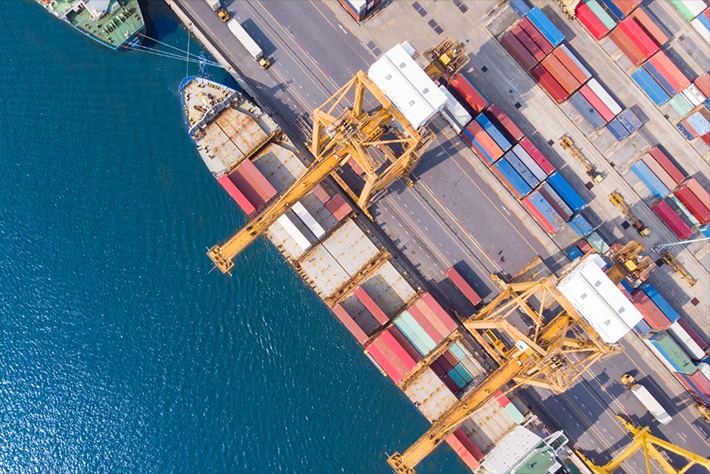
Gary Robinson
Mar 13, 2024
The Top 5 Future Skills in Demand in Logistics and Transport
In the USA logistics and transportation sector, several key skills are emerging as critical for future success. Here's an outline of the top five future skills in demand, along with descriptions and reasons for each, that businesses should be recruiting for:
1. Digital Literacy and Advanced Technology Proficiency
This skill encompasses the understanding and application of advanced technologies like Artificial Intelligence (AI), the Internet of Things (IoT), blockchain, and automated systems in logistics operations.
Reason: As the industry becomes increasingly digitized, these technologies are essential for improving operational efficiency, enhancing tracking and visibility, and reducing cost
2. Sustainability and Green Logistics Expertise
Knowledge and implementation of environmentally friendly practices in logistics and transport, including route optimization for reduced emissions, usage of eco-friendly vehicles, and waste reduction strategies is key.
Reason: With growing environmental concerns and stricter regulations (from the EPA for example), there's an urgent requirement to minimize the ecological footprint of logistics activities.
3. Data Analytics and Interpretation
The ability to collect, analyze, and interpret large sets of data to make informed decisions. This includes understanding patterns in supply chain data, customer demand forecasts, and logistical challenges.
Reason: Data-driven insights are now crucial for optimizing supply chain efficiency, predicting market trends, and making strategic decisions
4. Supply Chain Resilience and Risk Management
Skills in identifying potential risks in the supply chain and developing strategies to mitigate them. This includes contingency planning for disruptions such as natural disasters, pandemics, or political unrest.
Reason: Recent global events have highlighted the importance of having a resilient supply chain that can adapt and continue operations under various unforeseen circumstances (war or drought for example).
5. Adaptability and Strategic Problem Solving
The ability to quickly adapt to new challenges and effectively solve problems. This includes being agile in response to changing market conditions, regulatory environments, and technological advancements.
Reason: The logistics and transport sector is rapidly evolving at a pace (to keep up with the demands of the 4th Industrial Revolution), and the ability to adapt and think strategically is essential to stay competitive and meet the changing needs of the market.
Professionals in logistics and transport whos possess or look to develop these skills will ensure their employers are well-equipped to handle the future challenges and opportunities in the industry, ensuring efficient, sustainable, and resilient operations. Continuous learning and development in these areas will be crucial for Logistics Managers to stay effective and competitive.
If you are looking for Logistics & Transportation Talent for your organization, why not download our Salary Benchmarking & Skills Guide 2024 now?


